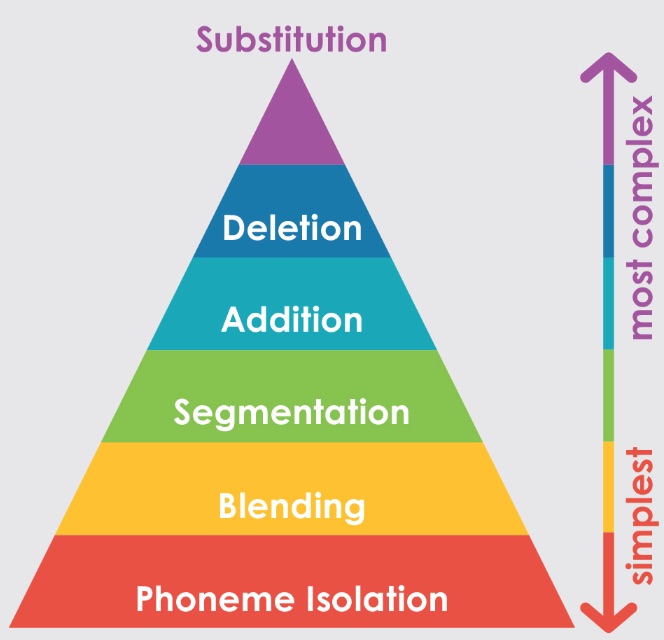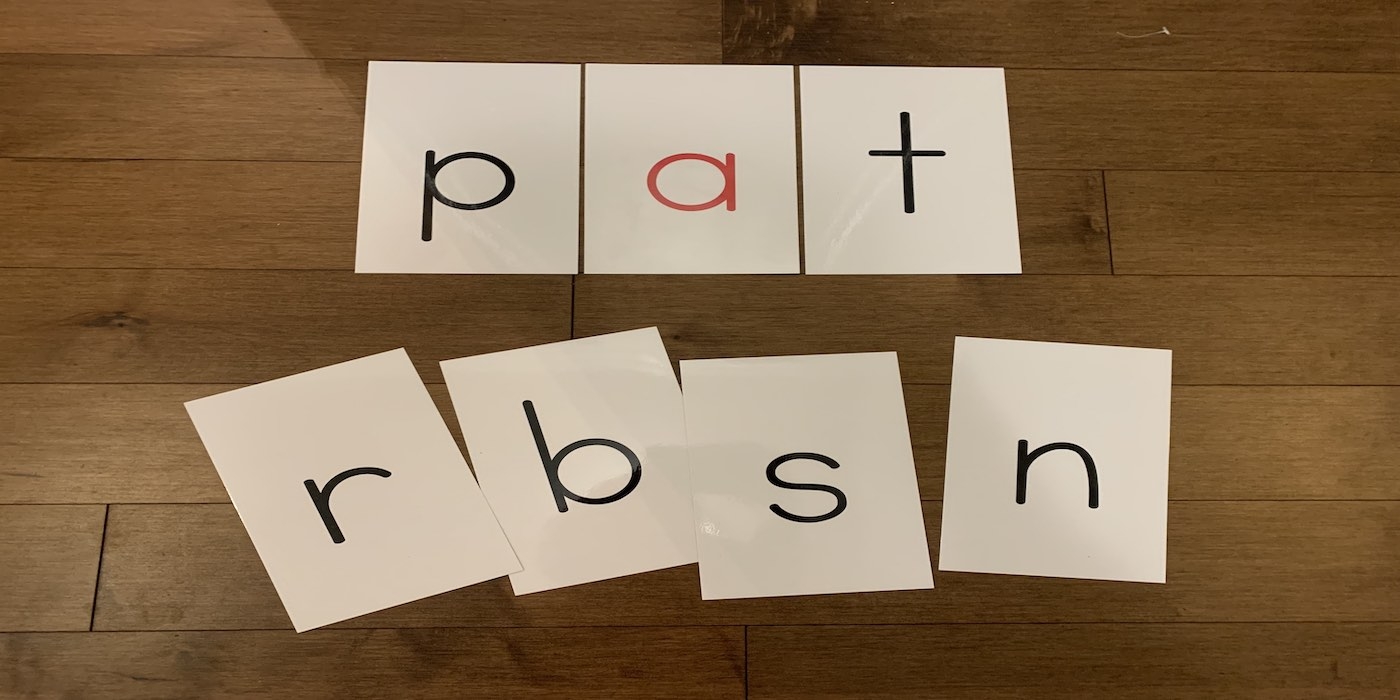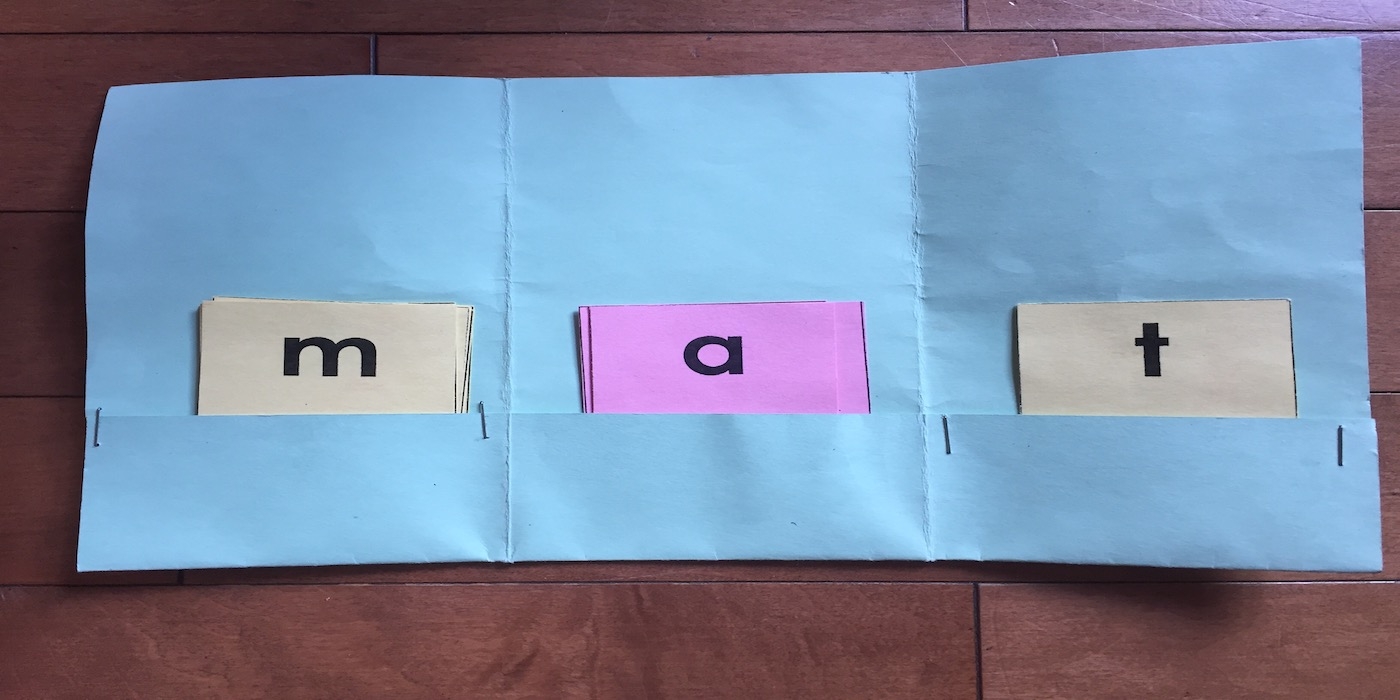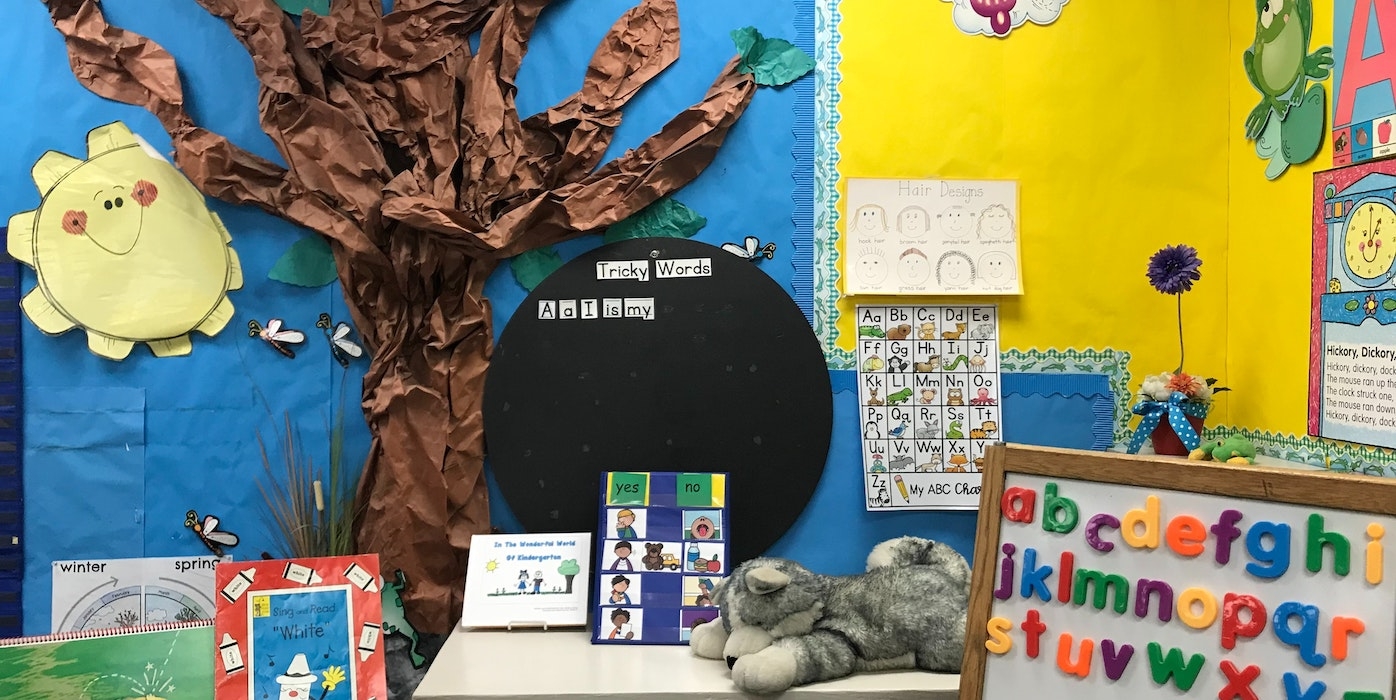Phonological Awareness is the ability to notice and manipulate the sounds of spoken language. This includes phonological sensitivity (an awareness of individual words, syllables within words, rhyme, alliteration, onset/rimes) and phonemic awareness. These skills are learned through explicit teaching and playful and thoughtful experiences with language, including plentiful opportunities to hear, speak and see words.
The most critical subset of phonological awareness is phonemic awareness, which is the ability to identify, manipulate, and produce individual speech sounds known as phonemes. (Moats, 2020). To become a skilled reader, children must understand that the words we speak are combinations of phonemes represented by alphabetic symbols.
Automaticity with phoneme-level skills is a key predictor of reading success. In fact, students who struggle with word-level reading are oftentimes in need of additional direct teaching and practice with phonemic awareness.
Phoneme-level skills do not evolve naturally. Focus on phoneme-level skills should be taught and practiced in kindergarten and continue until children demonstrate automaticity and mastery. Children do not need to master phonological sensitivity skills, such as rhyming or segmenting/blending syllables, before instruction at the phoneme level (Brady, 2020). Phonemic awareness skills require time to develop throughout the primary grades through explicit teaching and frequent practice.
Dr. Susan Brady (2020) points out that the location of the phoneme in a word impacts how easy awareness of the phoneme will be to the learner. An awareness of (and the ability to isolate) the initial phoneme - the first sound - typically develops first. This is followed by awareness of the final phoneme then internal phonemes. Internal phonemes include medial vowel sounds in CVC (consonant - vowel - consonant) words, followed by an awareness of internal consonant phonemes in blends or consonant clusters. An understanding of this sequence of phoneme awareness development provides guidance for teachers to target instruction where learners need it most.
Phoneme awareness can be assessed by examining children's writing and invented spellings of words or orally. Spoken tasks would include isolating and identifying phonemes in words (progressing from initial, to final, to medial sounds), blending phonemes together, or segmenting phonemes apart. Instruction and practice is aimed at mastery and automaticity of the skills, starting in kindergarten.























